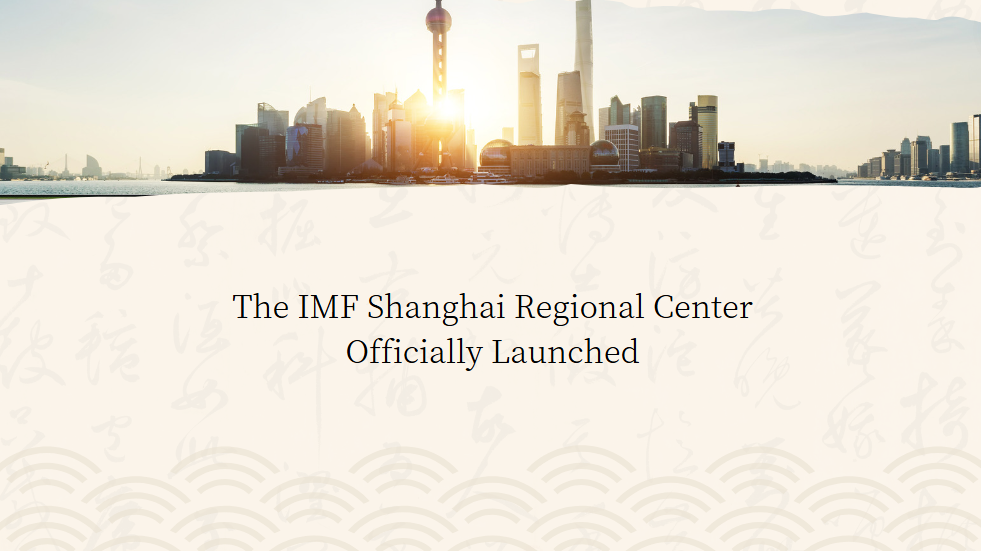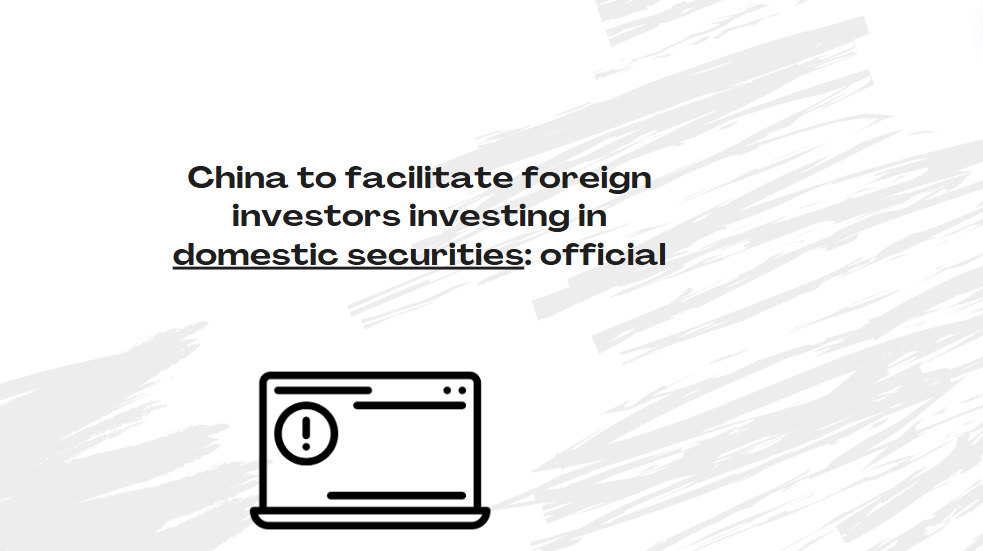China's 2023 Central Government Final Accounts Show Positive Overall Performance
China's final central government accounts for 2023 have shown generally positive performance, with significant advancements in fiscal reform and development. This was detailed in a report presented by Finance Minister Lan Fo'an to the 10th session of the 14th National People's Congress Standing Committee on June 25th.
According to the report, the central government's general public budget revenue for 2023 reached 9.96 trillion yuan (approximately 1.4 trillion USD), fulfilling 99.4% of the budget target. In addition to this, 150 billion yuan was transferred from the central budget stabilization fund and 635 billion yuan from the central government fund budget and state-owned capital operations budget, bringing the total revenue to 10.74 trillion yuan.
On the expenditure side, the central government's general public budget expenditure totaled 14.11 trillion yuan, achieving 97.9% of the adjusted budget. Additionally, 296 billion yuan was allocated to the central budget stabilization fund and 500 billion yuan was carried over to the next fiscal year, resulting in a total expenditure of 14.9 trillion yuan.
The report highlighted that proactive fiscal policies were effectively implemented in 2023, contributing to sustained economic improvement. Efforts were intensified to promote innovation, advance the construction of a modern industrial system, ensure and improve public welfare, and accelerate social development. There was also a strong focus on rural revitalization and promoting coordinated regional development.
Lan emphasized that since the beginning of the year, the Ministry of Finance has been proactive in planning and implementing relevant policies. "All central department budgets have been approved, and by the end of May, central-to-local government transfers had reached 8.84 trillion yuan, accounting for 86.6% of the annual budget," Lan noted.
Looking ahead, Lan outlined seven key priorities for further enhancing fiscal policy: increasing the intensity of fiscal policy implementation, driving high-quality development, strengthening basic public welfare, deepening fiscal management reform, improving local government debt management, enforcing fiscal discipline, and rigorously addressing audit findings.
The next steps will focus on strengthening macroeconomic policy coordination and effectiveness, enhancing policy implementation efficiency, and consolidating and expanding the positive momentum of economic recovery.






















































First, please LoginComment After ~